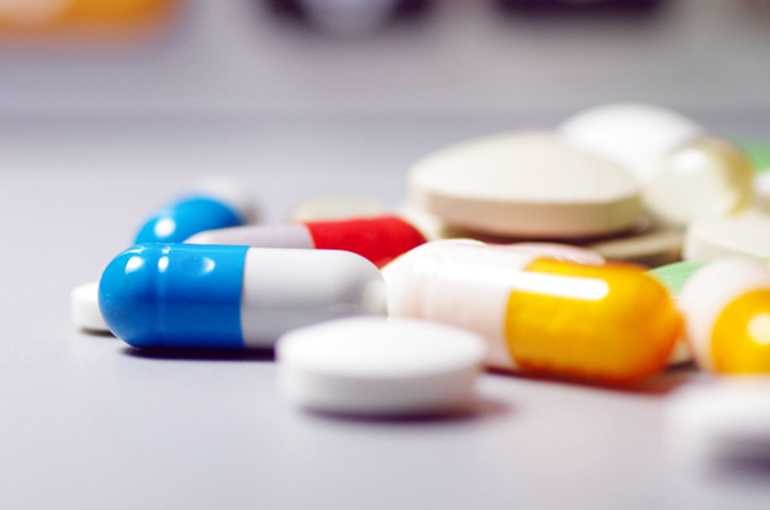 China to Revamp Credit Evaluation System for Drugmakers to Curb Inflated Prices, Sources Say
China to Revamp Credit Evaluation System for Drugmakers to Curb Inflated Prices, Sources Say(Yicai) May 27 -- The pricing and procurement credit evaluation system for pharmaceutical companies that China set up nearly five years is set for a major overhaul to more effectively root out misconduct that has contributed to inflated drug prices, according to informed sources.
The National Healthcare Security Administration will soon release an updated system, the sources told Yicai, adding that it will include guidance documents to standardize the evaluation process and the latest list of dishonest businesses and related projects.
The main changes include expanding the sources of information on violations, raising the cost of being labeled dishonest, and encouraging firms to actively remedy their violations, the people said.
“In the context of ever-stricter supervision of medical insurance funds, the revised credit evaluation system will guide firms to proactively correct dishonesty and default, and to take timely action such as reducing prices so as to eliminate inflated margins,” said a health insurance expert.
“For companies that promptly rectify dishonest behavior, regulators will take into account their violations and proactive corrective measures when conducting credit evaluations, allowing for discretionary handling,” the expert noted.
Unfair competition in the drug procurement and sales sector has long been prevalent, including commercial bribery and bid-rigging, leading to inflated prices of drugs and medical supplies, forcing patients to bear excessively high medical costs, Deng Yong, director of the Beijing University of Chinese Medicine's center for health and law studies and innovation transformation, told Yicai.
The credit evaluation system was introduced to clean up industry misconduct and cleanse the market by curbing the informal, nontransparent networks of intermediaries and back-door transactions so as to trim unreasonable drug price markups and ensure that medical insurance funds are used for genuinely effective care, Dong said.
The original system had shortcomings, including insufficient punitive measures against certain violators and inadequate integration of data from the health and market regulation authorities, leading to delays in evaluation and a lack of long-term compliance constraints on dishonest companies, Deng noted.
Under the revised system, evaluation standards will be beefed up. Regulators will fully use the violation data held by different government bodies and impose harsher penalties on violators.
The new rules will lower the threshold for companies to be included on the "severely dishonest" list, Deng pointed out. He suggested that bribery reaching CNY500,000 (USD69,545) should result in inclusion and that bribery, the forging of medical documents, bid-rigging, and other malicious behaviors should be categorized separately as "serious rating" circumstances.
The NHSA released the policy document establishing the credit evaluation system for drug companies in September 2020, placing commercial-bribery-related infractions that inflate prices on a dynamic dishonesty list to pressure offenders into lowering previously inflated drug prices.
The list had 735 companies as of the end of last year, with seven classified as severely dishonest, 40 as seriously dishonest, 76 as moderately dishonest, and 612 as generally dishonest.
Editors: Tang Shihua, Martin Kadiev